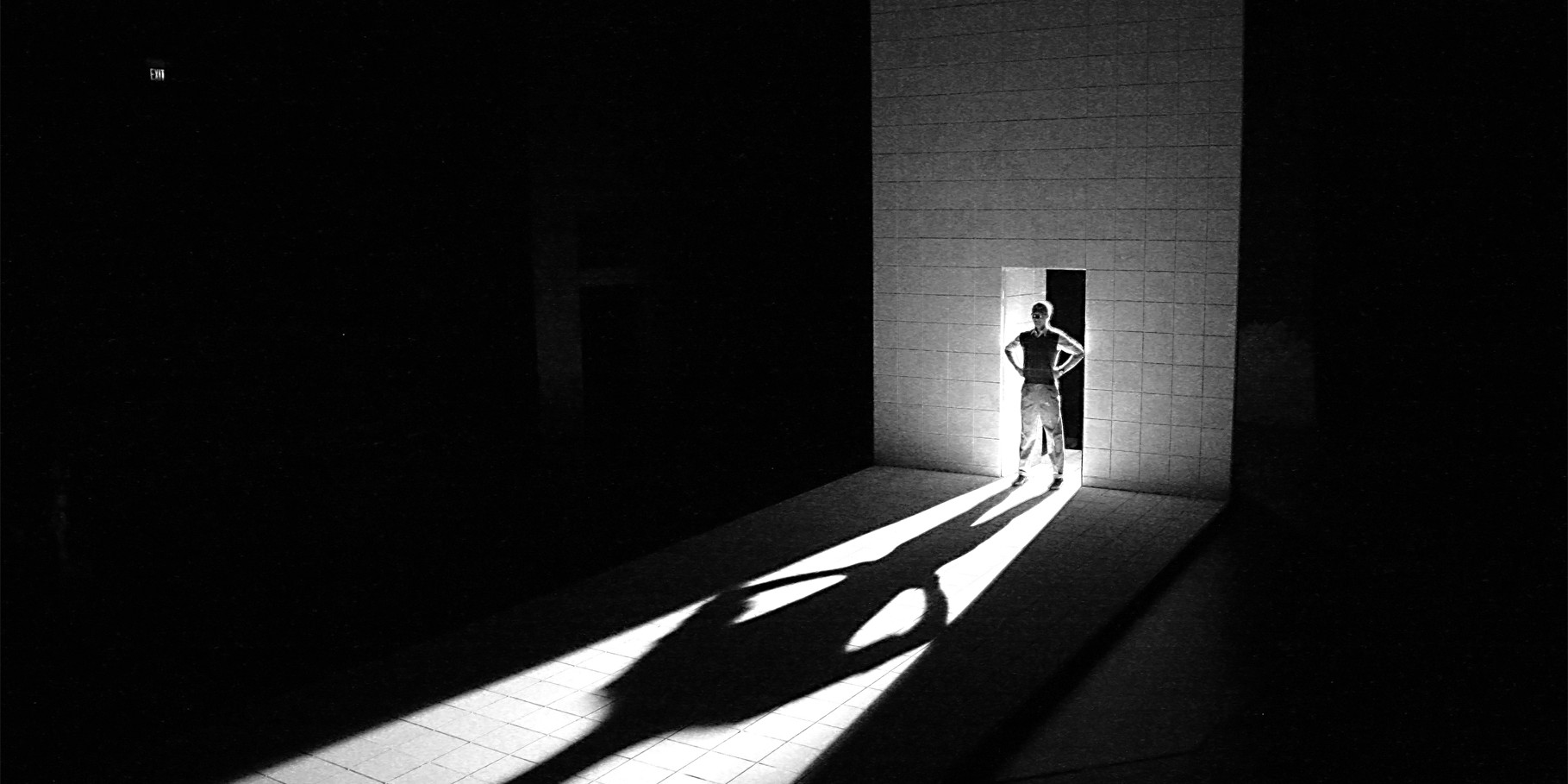In conjunction with the 47th Nobel Conference: The Brain and Being Human, the Department of Theatre & Dance presents Mick Gordon & Paul Broks’ On Ego. The performance is a poetic snapshot of the science of the mind and a startling exposé of the illusion of self.
The playwrights take us on a journey into the notion of identity, memory, neurological delusion and the fragile nature of love. Professor Emeritus Rob Gardner, former Chair of the Theatre and Dance Department, returns to Anderson Theatre to join the cast of On Ego.
The show premiers Oct. 4, 8:15-10:30 p.m., the first day of the Nobel Conference. It will also be showing on Oct. 7 and 8, from 8-10 p.m., as well as Oct. 9, 2-4 p.m.
Tickets are online at gustavustickets.com or the SAO desk in the Campus Center.
Assistant Professor in Theatre and Dance, Henry MacCarthy, proposed the play in conjunction with Nobel.
“We’ve done performances before in accordance with Nobel,” MacCarthy said. “We started looking for plays that may be relevant because the theme for this year’s conference is so popular at the moment—people are so interested in the topic of the brain and neuroscience. I found this play and proposed it for the department. We all read it and thought it was a grand idea for Nobel.”
The play, which features a trio cast of Senior Theatre Major Ben Kolis and Senior Mathematics Major Chloe Radcliffe, and former Professor Rob Gardner, is based off a series of essays and a novel by an actual neuropsychologist.
These essays propose many questions about how objective one can be as a human.
“The show’s about a neuroscientist and how he’s confronted by a paradox when his wife is diagnosed with an illness,” Kolis said. Playing the part of a neuroscientist named Alex, Kolis’s character explores the significance of subjective identity and what implications comes with the distinction.
“How does something material create something subjective?” Kolis said. “And how does the brain construct the mind?” These are questions that the play poses for the audience as well as its cast members.
“As a performer, ideally, I have the answer. But for this process, it’s so personal that it makes it difficult to nail down the answer. The more I align my humanness with the script, the harder it is to grapple with the ideas. My amazement with the script just intensifies the more I perform it. I have to put myself in the position of my character, and I become less convinced of what I can do. You have to begin to ask yourself, ‘Could I stand by my convictions if I were in this person’s place?’ You don’t have the distance you would normally need to find the answer, or at least, I don’t.”
Radcliffe, who plays Alice, Alex’s wife, also struggles with the questions the play poses, such as ‘What makes us choose the decisions that we make?’ and what exactly is the self?
“Although Nobel offers tailored lectures from experts around the world, the play is able to humanize the scholarly background and provides another facet of discussion about the brain and behavior as well consciousness, not only from a clinical perspective, but one that is emotionally based,” Radcliffe said.
“On Ego pulls at the question of what actually conveys consciousness. Are our personalities just the behavior of neurons? Or is there something intangible? The spooky stuff, as the play calls it; religion, beliefs, cultures—how do all these signify a self? If a scientist were to build another you and recreate every atom, would that ‘clone’ from every single cell be the same as the intangible self you view as your identity?”
Practicing since Aug. 28, after being cast in the Spring, Kolis and Radcliffe have been working diligently with Gardner in preparation for the show. They all speak highly of each others’ effort and performance and are looking forward to a great show.
“It is the most fun I’ve ever had working on a piece before, especially since it’s such a small cast and everyone’s so competent, I have so much respect for them all. There’s no messing around,” Kolis said.
In agreement with him, Chloe contends the work they have all done together, including that of Gardner’s. “Ben and I have been friends literally since the first week of school. But we all click very well, and it’s great to have Rob there, because he provides a great prospective other than the college view point.” Radcliffe said.
“It’s interesting because on one hand it raises a lot of questions in psychology, religion and philosophy but as a whole, it’s just a beautiful love story,” Radcliffe said. “Audiences can take away whatever they want, whether it’s the clinical part, or if their interest is piqued by the relationships of the characters; no matter what angle they take in the play, it challenges the audience to think.”
